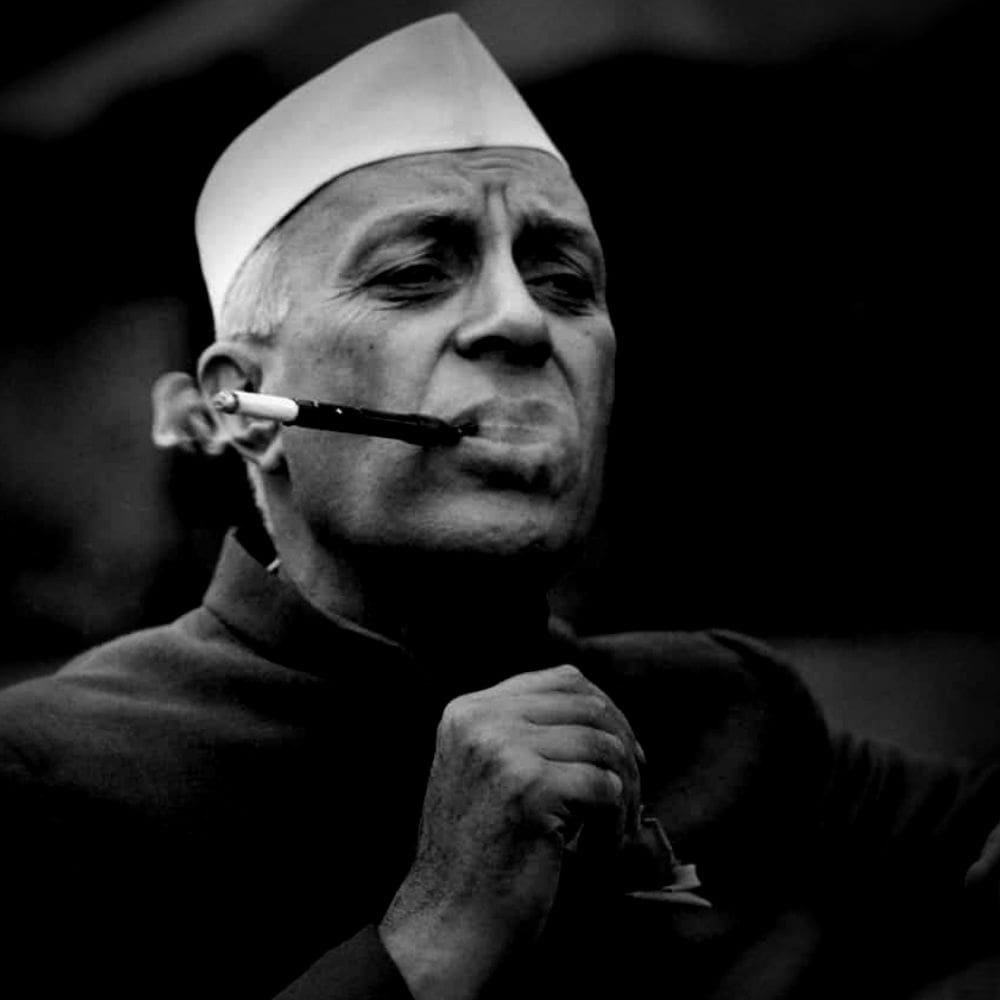THAT STRANGE INDIAN ANIMAL: VIP & VVIP
The other day a TV commentator stated that a foreigner visiting a Government office with him asked, “Are there three sexes in your country?” Baffled, the commentator looked at him wondering what to make of it. The foreigner helpfully added, “I notice three toilets: Men, Women and VIPs!” In a conversation on TV a senior IAS lady justifying separate, special toilets for “officers” commented: “People don’t know how to use toilets, they make them so dirty!” All these vividly illustrate the extent to which the politicians and bureaucrats since the Nehruvian times have managed to keep India and Indians they are expected to serve so pathetic, like the British before them did, that they need segregation from “common” Indians, again like the British, to carry on. Even taking that silly, bloated IAS lady at her face value, what about the many who have clean toilet habits but are not “officers”? And, what about the officers who have dirty toilet habits? We are still afflicted with a colonial mindset; and given an army of officers like that lady IAS, India is unlikely to see better days.
Nehru himself had an elitist mindset and rather than ridding India of the colonial, brown-sahib culture, he allowed it to flourish—he encouraged it through his own example. The Indian government under Nehru represented in many respects a continuation of British attitudes both in form and substance. Indians, even after the British left, were confronted with the same civil servants, and the same policemen who treated them with the same scorn, arrogance and brutality, and the same master-slave attitude, as under the British rule.
Here is an example from Bhilai Steel Plant [BSP]—a public sector. There were many hospitals in Bhilai run by BSP, and also a main hospital with all facilities in the 1950s and 1960s. The hospital timings commenced at 8am. Patients would try to be there as early as possible so that their turn could come early—especially the employees who had to go to office in the general shift by 10am or 11am; and the students who had to attend schools.
If you reached there at 8am, there would already be a long queue, and your turn might come at noon or beyond. So, most tried to be there as early as possible. However, employees belonging to higher grades and their spouses, sons and daughters had a preferential treatment: the first half-hour to one hour after 8am when the doctor came was reserved for them. They had a separate queue,. So, even if they arrived at 8.30am they could see the doctor in the next 15 to 30 minutes. The others, even if they came at 7am, would sometimes wait till 1pm to see the doctor, if the queue was long, which was often the case. This patently unfair and unjust system went on for decades, and may still be prevalent! Mind you, such practices started in the fifties during the Nehru period, and continued. What does it tell about the “socialism” of Nehru!
VIP area, VIP security, VIP red-beacon lights on vehicles, inconveniencing hundreds and thousands to let VIP car pass, VIP passes and VIP queues even in temples to let VIPs have darshan while thousands patiently wait: what does this all show? It is a gross insult to the public at large. Why should public, whose servants these politicians and bureaucrats are, suffer and get humiliated by these servants-turned-masters? After independence, and after displacing the British and over 500 rajas and maharajas from their princely states, we have become even more colonial and feudal. Wrote Inder Malhotra in his article, “Very Indian Phenomenon” [VIP], in ‘The Indian Express’ of 21 July 2012:
“…the ‘common person’ [in USA] doesn’t give a damn about VIPs. Here, of course, the situation is hugely different. The VIP status is flaunted in the face of countless millions every day, round the clock and round the calendar. You don’t have to spell out the word; everyone knows what it means. In sharp contrast to what prevails in the US, the super-wealthy in India don’t need to proclaim themselves VIPs. They get whatever they want without saying a word. The whole system seems geared to their needs and wishes. The odd tycoon who gets caught on the wrong side of the law lives in jail in greater luxury than five-star hotels can provide. It is the political class, the army of bureaucrats… that form the bedrock of the VIP cult and the perks and privileges that go with it. Like much else, the VIP is a legacy of the British Raj. Independent India has not only embraced it with gusto but also expanded it vastly… English class system and India’s deathless caste system must have rubbed off on each other to produce the wonder that is the Indian VIP… Indian scene had added to the woes of the helpless non-VIPs in direct proportion to the burgeoning privileges and pampering of those more equal than the rest…”


